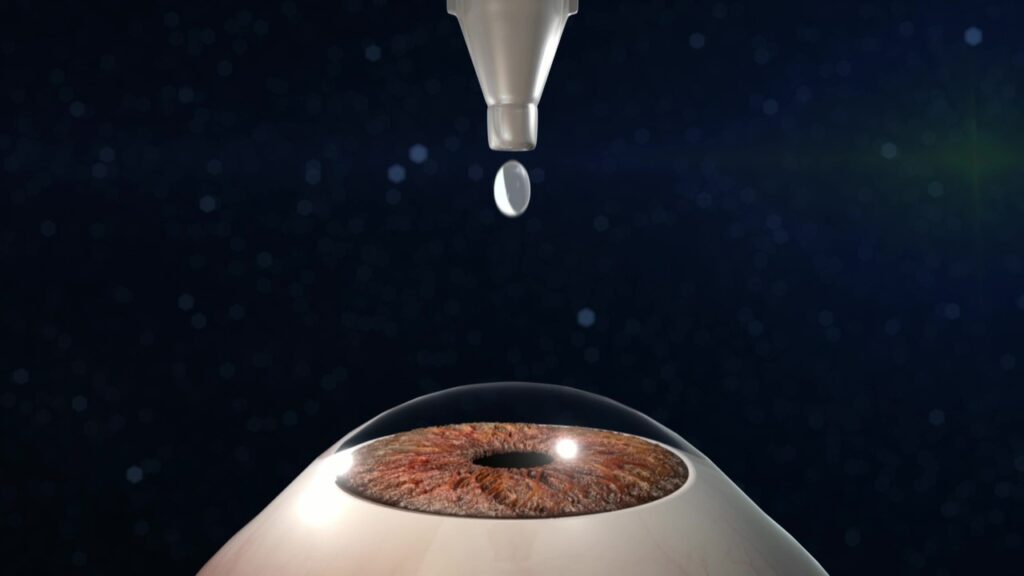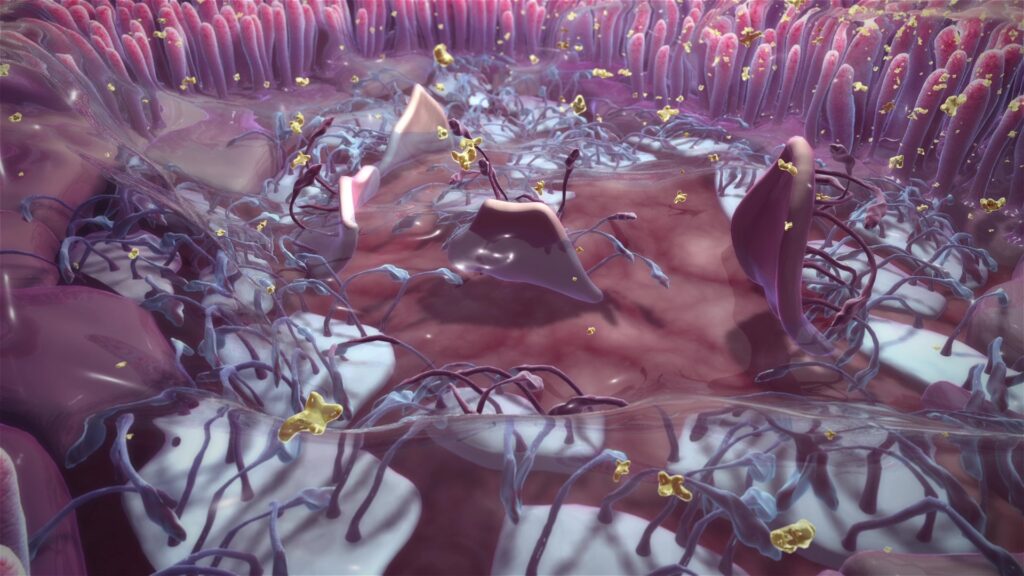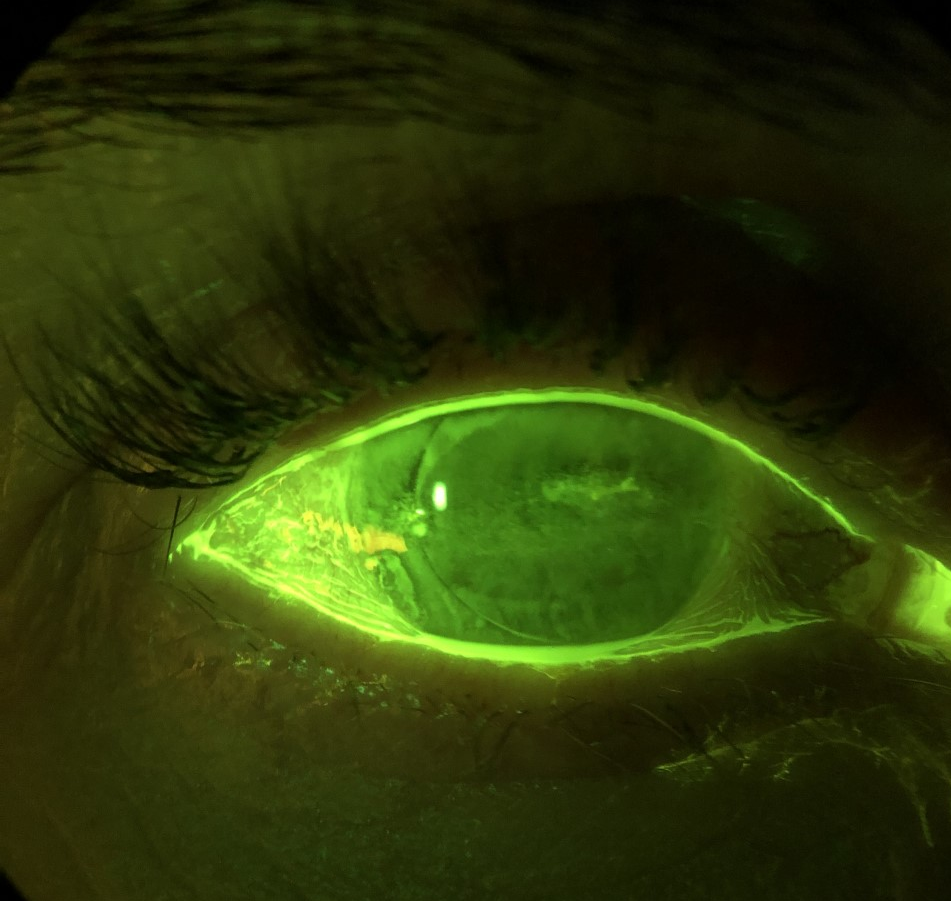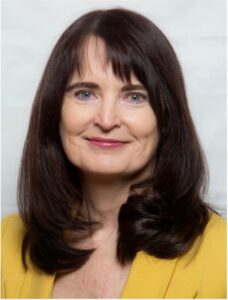
Did you know that increasing screen time and mask use during the COVID-19 pandemic is fueling an increase in dry eye disease (known colloquially as DED)?
DED is a disease of the tears and eye surface that causes symptoms such as blurred vision, stinging, burning, dryness, a scratchy sensation, tearing, difficulty wearing contact lenses, and sensitivity to light.
Today, a new treatment for severe corneal inflammation from dry eye disease has been listed on the Pharmaceutical Benefits Scheme (PBS), providing those affected with another treatment option to manage this debilitating and lifestyle-compromising disease.
Ikervis® is our nation’s first PBS listed disease modifying ciclosporin eye drop treatment for severe keratitis in adults with DED. In-licensed by Seqirus – a wholly-owned subsidiary of CSL – from Santen Pharmaceutical Co Ltd, Ikervis contains the disease modifying treatment, ciclosporin, used to reduce inflammation associated with severe keratitis in DED.
According to Ophthalmologist, Clinician Scientist, Ophthalmic Surgeon, and Chair of the Ophthalmic Research Institute of Australia, Professor Stephanie Watson, Sydney, the COVID-19 pandemic is exacerbating DED cases due to increased mask use and screen time.
“We have seen a marked increase in dry eye symptoms among mask users. Typically, dry eye disease affects women more than men.
“According to a US study, women are almost three times more likely to develop DED than men, and often progress to more severe forms of the disease earlier than men,”said Prof. Watson.
“Keratitis, a condition involving inflammation of the cornea, can be a complication for some patients with DED. Patients with severe keratitis from DED typically present with eye surface damage and inflammation that can sometimes feel like an irritating, itchy or burning sensation, with possible blurry vision.
“Patients with severe inflammation of the cornea from DED are often managed with a number of different treatment options, which can be costly for a condition that requires ongoing management,” Prof. Watson said.
“A new subsidised treatment option will improve access for these patients.”
Sydney-based Optometrist, Head of Professional Services at George and Matilda Eyecare, and Adjunct Senior Lecturer at the School of Optometry & Vision Science, UNSW, Margaret Lam explains severe inflammation of the cornea from dry eye disease “is complicated by a difficult cycle involving inflammation of the eye and damage to the eye surface. Treatment options targeting the immune system, are therefore needed to manage these complications from DED, and break the cycle of inflammation.

“Artificial tears aim to provide symptom relief for DED, but don’t address the underlying cause of severe corneal inflammation. In these cases, inflammation-reducing treatment options are required,” said Dr Lam.
“Today’s PBS listing of another treatment option for severe keratitis in adults with DED, is therefore welcome news for ophthalmologists, optometrists and patients alike.”
Executive Chair of The B Team Australasia, Lynette, Sydney has spent the past 16 years living with severe corneal inflammation from DED. Soon after undergoing cataract surgery on both of her eyes in 2005, her eyes grew irritated, and she developed double vision. Little did she realise at the time, her cataract surgery, coupled with a delayed diagnosis, and her advancing age, would arm her with a diagnosis of severe corneal inflammation from DED.
“I’m often unable to see things. For instance, I have to carry a magnifying glass when my eyes get blurry, or I develop double vision. Even at the supermarket I have to carry a magnifying glass to read the food labels,” Lynette said.
“When people ask me to look at something for them at work, whether it is a document, or on screen, depending on the health of my eyes at the time, I find it really difficult.”

Lynette explains it’s important for Australian adults living with severe corneal inflammation from DED to have timely access to a range of treatment options.
“Had my eye disease been detected earlier, it may not have had such an impact on my life,” said Lynette.

First-year university student and sports enthusiast, Oscar, 18, Melbourne, was diagnosed with severe corneal inflammation from DED after failing the eyesight component of his driver’s licence test twice due to loss of vision.
“It’s frustrating and disheartening watching others do their work without any issues, while I have to cope with the symptoms and discomfort of my eye disease,” said Oscar.
“Because it’s ongoing and irritating, I can’t simply disregard my eye disease. I have to attend to it regularly.
“I almost feel like a broken-down car that requires regular maintenance. My eye disease severely compromises my vision and everyday life,” Oscar said.
Oscar also maintains that affordable access to a range of treatment options plays an important role in effective management of his eye disease.
“The PBS listing today is so important, as it provides people like me, living with severe corneal inflammation from DED, an additional treatment option, especially those whose condition fails to improve with the use of artificial tears,” said Oscar.

Seqirus Head of Medical Affairs for the International Region, Dr Jonathan Anderson, Melbourne, said Seqirus is excited to be introducing the company’s second PBS listed treatment option to the eye care market this year.
“Seqirus is committed to broadening access to eye care products to help address unmet clinical needs.
“Today’s PBS listing of Ikervis for severe keratitis in adults with DED, will give Australians access to another treatment option that has long been available overseas,” Dr Anderson said. Ikervis is available on prescription from an optometrist or an ophthalmologist. To learn more about Ikervis, click here.
